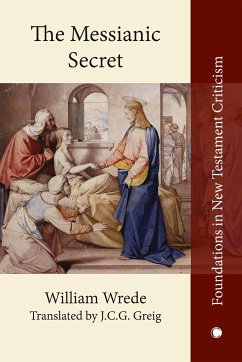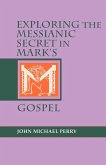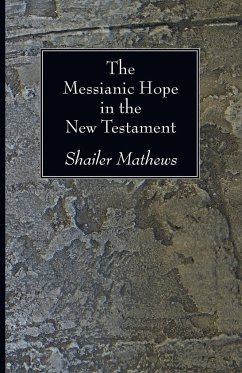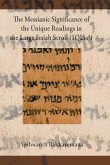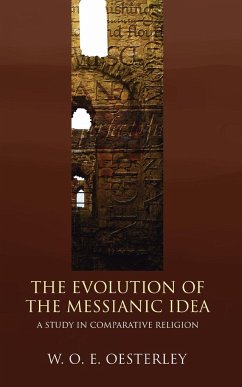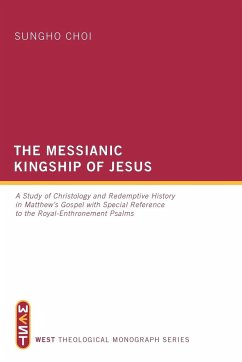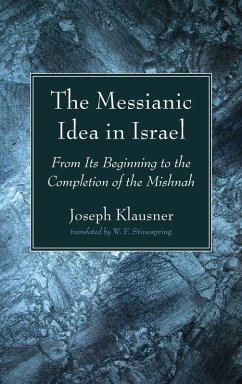William Wrede was among the first to recognise the creative contribution of the Gospel writers. His work thus laid the foundation for the work of the Form Critics, Redaction Critics and Literary Critics whose scholarship dominated New Testament studies during the twentieth century. This highly influential work was throughout this period the departure point for all studies in the Gospel of Mark and in the literary methods of the evangelists. It remains highly relevant for its ground-breaking approach to the classically complicated question of whether Jesus saw himself and represented himself as the Messiah.
Hinweis: Dieser Artikel kann nur an eine deutsche Lieferadresse ausgeliefert werden.
Hinweis: Dieser Artikel kann nur an eine deutsche Lieferadresse ausgeliefert werden.

